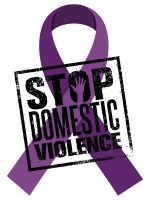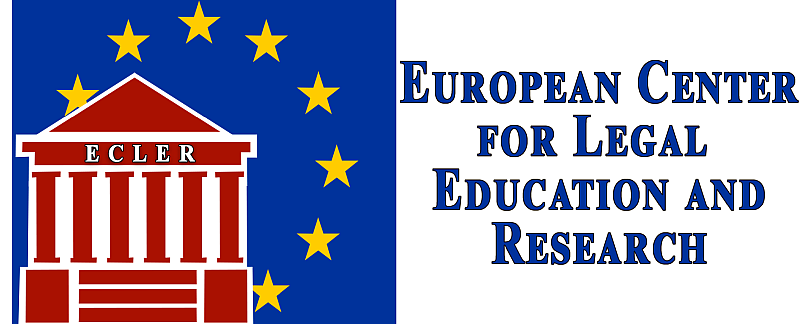
GS-LIVE was established under the auspices of ECLER at the initiative of mothers who, as a result of partner violence (verbal, psychological, physical, sexual, economic, social, spiritual and/or cyber*), encountered serious difficulties in the effective and efficient application of laws by the competent authorities to provide protection to them and to the children abused by the aggressor parent.
GS-LIVE aims to support women in a situation of domestic violence, offering them the necessary help.
Coordinator: Iolanda Covaci
Contact: [email protected]
GS-LIVE advocates for:
- promoting the rights of abused/parentally alienated minors
- sensitizing officials from the child protection system and the justice system in order to understand the traumas to which children are subjected in the absence of adequate protection
- public presentation of potential situations of corruption or gross negligence
- creating a support structure for people in a situation of domestic violence
- creating a database with legislation and procedures useful in situations of domestic violence
GROUP MEMBERS TESTIMONIALS
[…]
* Law 217/2003 – Art. 4 (1) Domestic violence manifests itself in the following forms:
- verbal violence – addressing through offensive, brutal language, such as the use of insults, threats, degrading or humiliating words and expressions;
- psychological violence – imposing one’s will or personal control, causing tension and mental suffering in any way and by any means, by verbal threat or in any other way, blackmail, demonstrative violence on objects and animals, ostentatious display of weapons, neglect, control of personal life, acts of jealousy, coercion of any kind, unlawful stalking, surveillance of the home, workplace or other places frequented by the victim, making telephone calls or other types of communication by means of remote transmission, which by frequency, content or the time in which they are issued create fears, as well as other actions with a similar effect;
- physical violence – physical or health damage by hitting, punching, slapping, pulling hair, stabbing, cutting, burning, strangling, biting, in any form and of any intensity, including disguised as the result of accidents, by poisoning, intoxication, as well as other actions with a similar effect, subjecting to exhausting physical efforts or activities with a high degree of risk to life or health and bodily integrity, other than those from letter e);
- sexual violence – sexual assault, imposition of degrading acts, harassment, intimidation, manipulation, brutality in order to maintain forced sexual relations, marital rape;
- economic violence – prohibition of professional activity, deprivation of economic means, including lack of primary means of existence, such as food, medicine, basic necessities, the intentional theft of a person’s property, the prohibition of the right to possess, use and dispose of common goods, unfair control over common goods and resources, refusal to support the family, imposition of hard and harmful work to the detriment of health, including a minor family member, as well as other actions with a similar effect;
- social violence – imposing isolation of the person from family, community and friends, banning attendance at the educational institution or the workplace, banning/limiting professional achievement, imposing isolation, including in the shared home, deprivation of access to the living space, dispossession of identity documents, intentional deprivation of access to information, as well as other actions with a similar effect;
- spiritual violence – underestimating or diminishing the importance of satisfying moral-spiritual needs by prohibiting, limiting, ridiculing, penalizing the aspirations of family members, access to cultural, ethnic, linguistic or religious values, prohibiting the right to speak in the mother tongue and to learn children to speak in their mother tongue, the imposition of adherence to unacceptable spiritual and religious beliefs and practices, as well as other actions with a similar effect or with similar repercussions;
- cyber violence – online harassment, online messages inciting gender-based hate, online stalking, online threats, non-consensual publication of intimate information and graphic content, illegal access to intercept communications and private data and any other form of misuse of information and communication technology through computers, smart mobile phones or other similar devices that use telecommunications or can connect to the Internet and transmit and use social or e-mail platforms with the purpose of embarrassing, humiliating, scaring, threaten, silence the victim.
